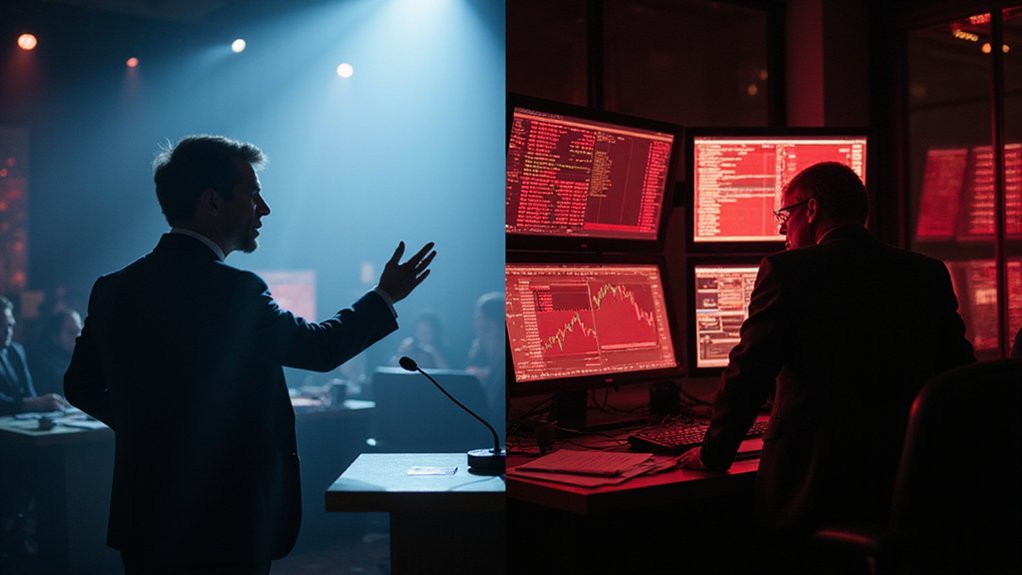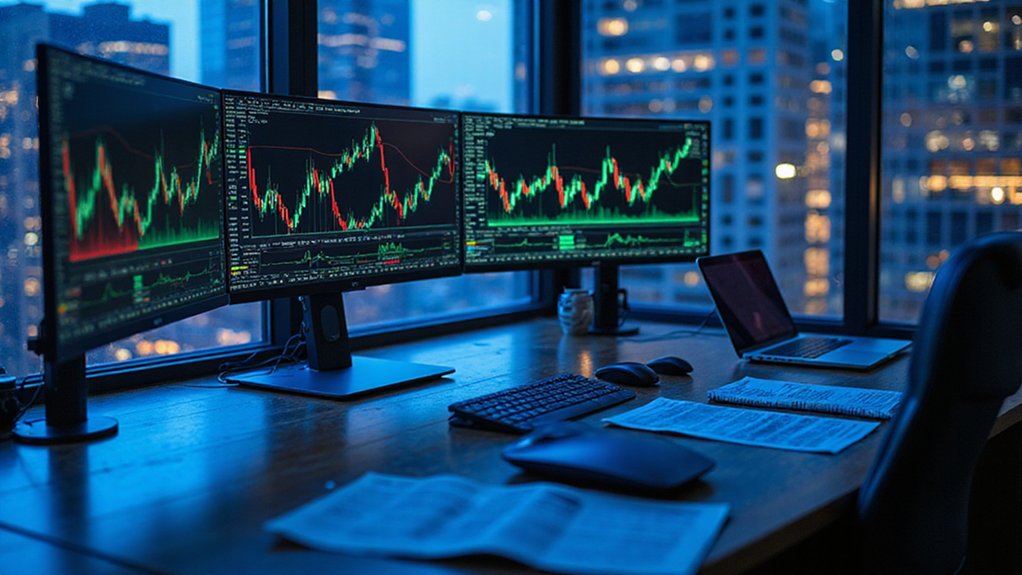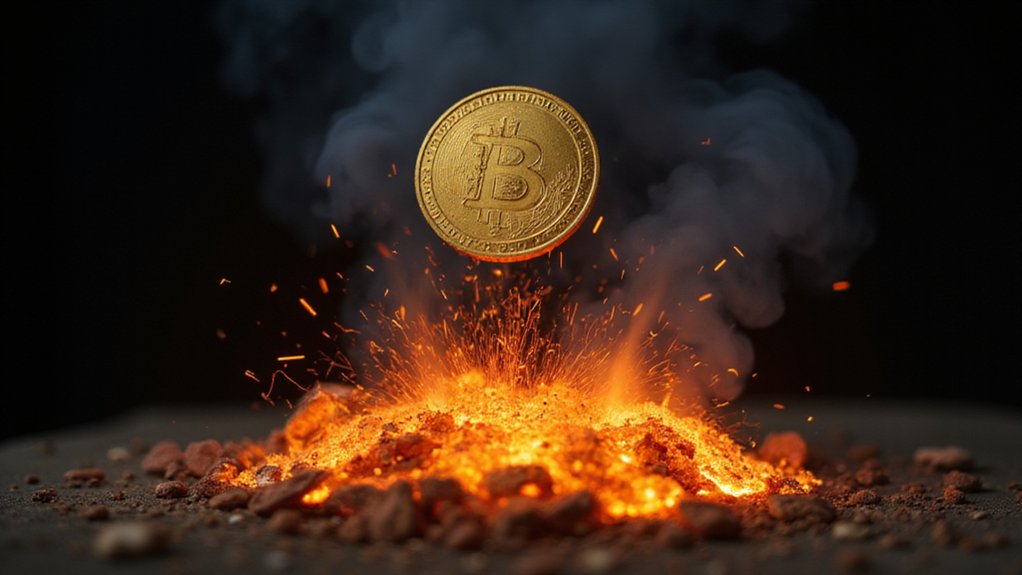The peculiar spectacle of two titans clashing in the public square has once again demonstrated Wall Street’s curious susceptibility to celebrity theatrics, as the escalating discord between Donald Trump and Elon Musk sends ripples through financial markets with the kind of irrational exuberance (or despair) that would make behavioral economists simultaneously cringe and celebrate.
Tesla’s stock price has become a particularly volatile barometer of this feud’s intensity, with intraday swings reflecting each tweet, statement, or perceived slight between the former president and the world’s most mercurial tech mogul.
Tesla shares now dance to the rhythm of presidential proclamations and billionaire bluster, transforming corporate valuation into political theater.
SpaceX, while privately held, faces its own funding uncertainties as institutional investors nervously eye the political ramifications of backing a company whose CEO appears increasingly willing to burn bridges across the political spectrum.
The tech sector’s broader malaise extends beyond Musk’s empire, as regulatory uncertainty looms large over an industry already grappling with antitrust scrutiny and evolving policy frameworks.
Trump’s influence on Republican legislative priorities creates an additional layer of complexity, particularly for companies that have aligned themselves with environmental initiatives or electric vehicle mandates—policies that could face renewed political opposition. The relationship between these two figures has undergone dramatic shifts, from Musk’s early opposition to Trump as a presidential candidate to his eventual role leading the Department of Government Efficiency in the Trump administration.
Market analysts note that the feud’s impact transcends typical celebrity squabbles, given both figures’ demonstrated ability to move markets through social media proclamations alone.
The confluence of political power and technological influence creates a feedback loop where public disagreements translate directly into market volatility, affecting pension funds, retail investors, and institutional portfolios alike.
Perhaps most concerning is the potential chilling effect on innovation funding, as venture capitalists and institutional investors reassess risk profiles in sectors ranging from renewable energy to space exploration. Meanwhile, Trump’s administration has simultaneously been advancing cryptocurrency reforms, including the appointment of David Sacks as Crypto Czar and the formation of a bicameral crypto committee to establish comprehensive regulatory frameworks.
The regulatory environment’s increasing unpredictability—exacerbated by high-profile feuds that blur the lines between policy and personality—threatens to undermine long-term investment strategies in precisely those industries America needs to maintain technological competitiveness.
The $1 billion figure represents not just immediate market losses but the broader economic cost of uncertainty itself, demonstrating how personal animosity between influential figures can cascade through interconnected financial systems with remarkable efficiency and thoroughly predictable irrationality.





